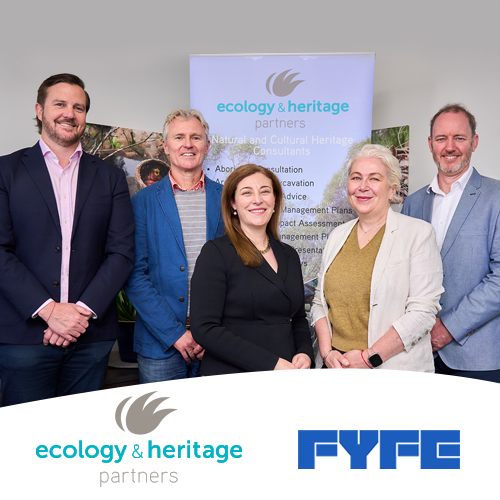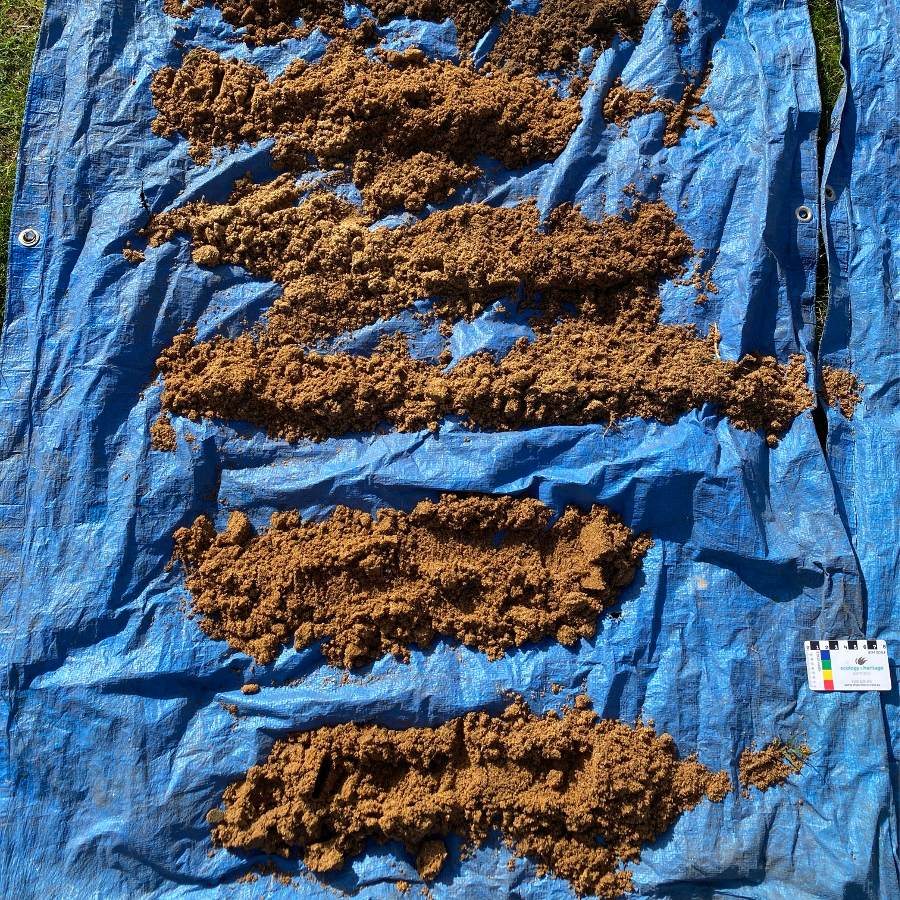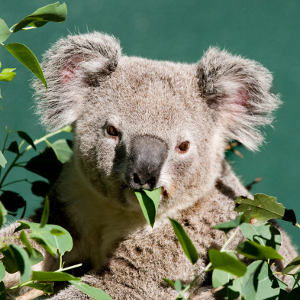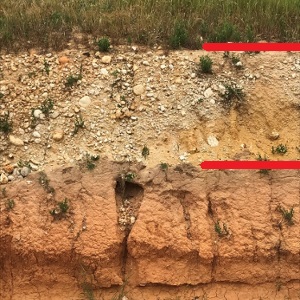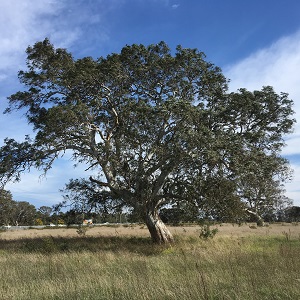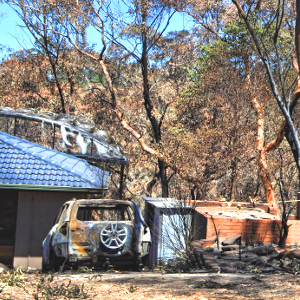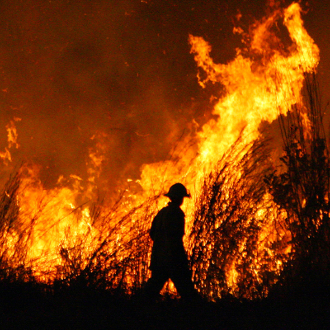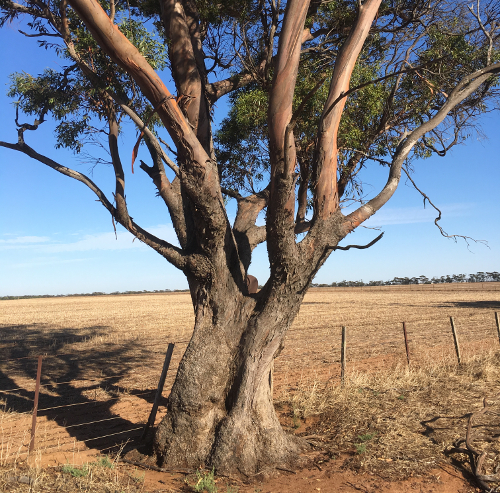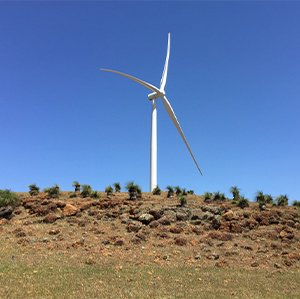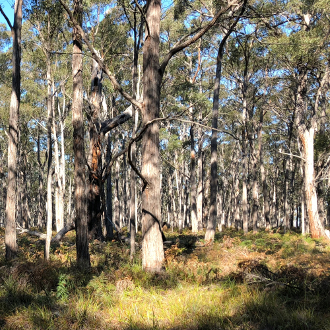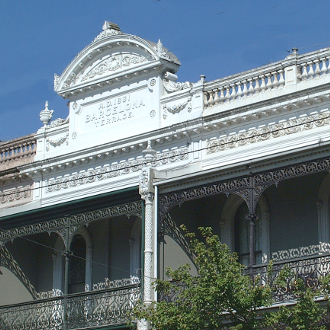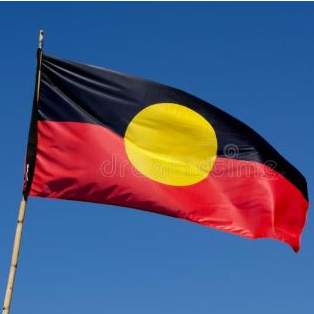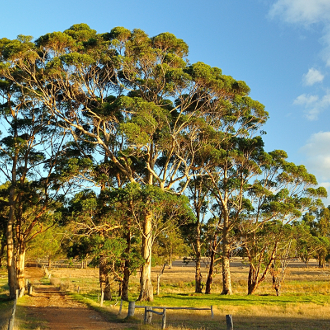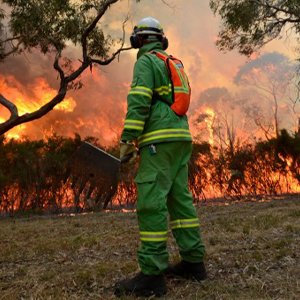Squatter Pigeon to Remain Listed as Vulnerable in Queensland

On 27 October last year, the Queensland Minister of the Environment released a revised conservation advice for the Vulnerable Squatter Pigeon (southern subspecies) Geophaps scripta scripta.
Whilst at first glance it may seem that this species is readily observed and in plentiful numbers, in reality, the population is contracting north and is now absent from its historic range in New South Wales (despite a few records since 2000) and much of southern Queensland.
The revised conservation advice was in response to an application from industry to reassess the conservation status of the species, the Threatened Species Scientific Committee (TSSC) was asked to remove the pigeon from the Vulnerable list, thus removing protection for the species under the Commonwealth Environment Protection and Biodiversity Conservation Act 1999 (EPBC Act). The TSSC ultimately decided to retain the species on the Vulnerable list as 'there is no evidence that the species has undergone any demonstrable recovery since being listed; and that there is insufficient evidence to support a change of status under the EPBC Act'.
This decision comes with a blow to many industries in central Queensland where such industries must expend significant amounts of money to search for, assess and sometimes provide habitat offsets for the species when proposing to construct projects that have a significant impact on the species habitat. Despite the pigeon being easily observed in central Queensland (and more often than not around rural homesteads, farm dams and road verges), the species has not recovered from significant declines since the 1870s to warrant removing its protection under the EPBC Act.
Whilst many companies will be frustrated by this decision, the provision of good ecological advice, backed up by rigorous survey data, will enable project proponents to manage this species to the satisfaction of the Department of the Environment and ultimately gain approval in a timely manner.
Contact
If you would like further advice about the Squatter Pigeon or other threatened species, please contact us on 1300 839 325.
